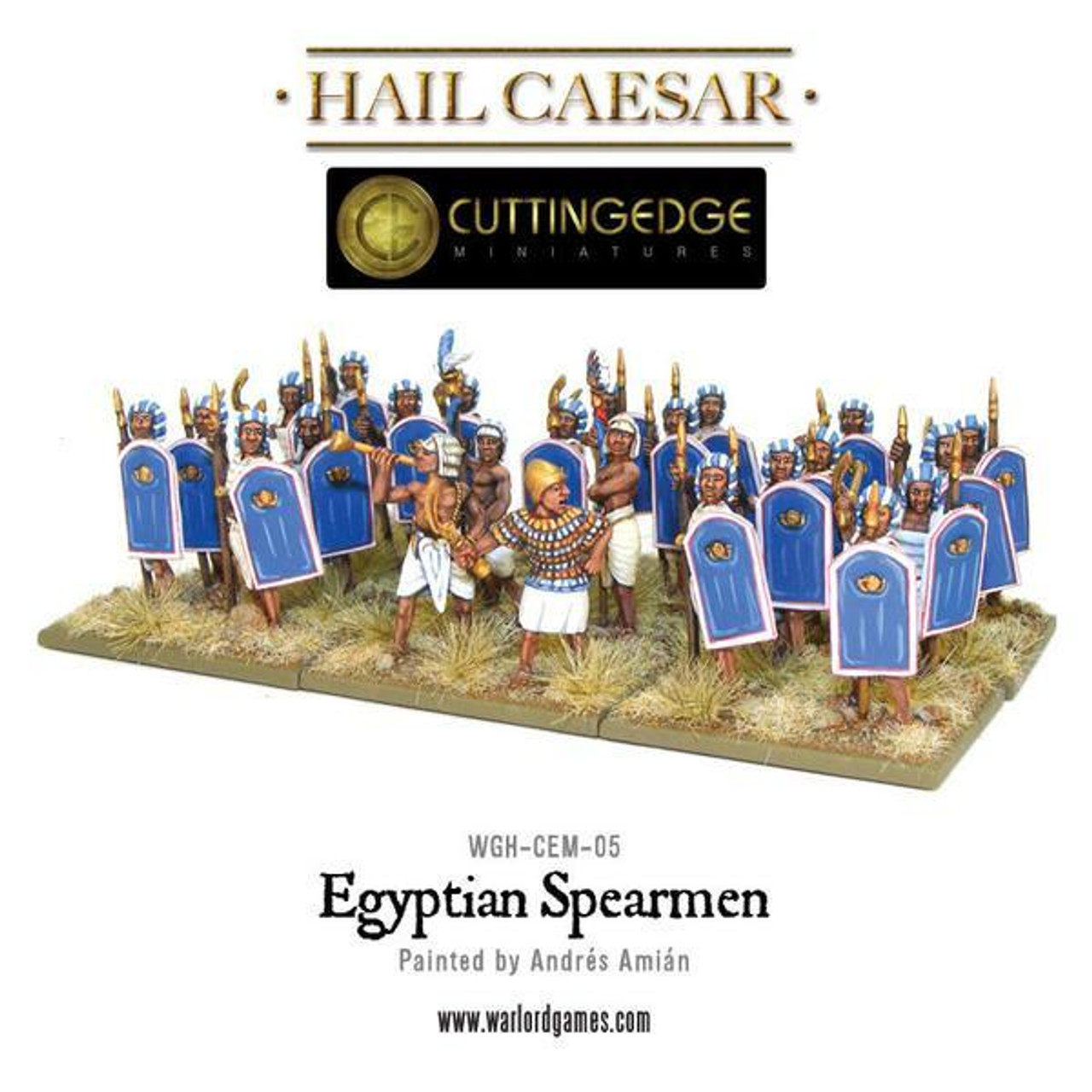



Egyptian Spearmen - WGH-CEM-05
Warlord Games
MSRP:
$45.00
Now:
$38.25
(You save
$6.75
)
- SKU:
- WGH-CEM-05
- UPC:
- 5060000000000
- OQ:
- 1
OQ 1
Recommended
-




Hittite Spearmen - WGH-CEM-03
MSRP: $45.00Now: $38.25



Hittite Spearmen - WGH-CEM-29
MSRP: $19.25Now: $16.36

Hittite Levy Spearmen - WGH-CEM-27
MSRP: $19.25Now: $16.36








